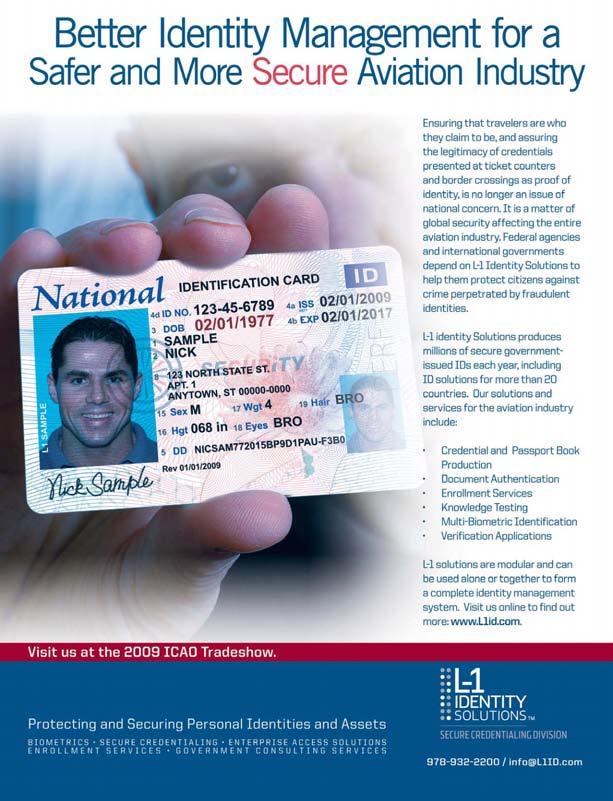One reason there’s been no change in TSA “policy” under the Obama administration — if you can call it “policy” when there are no rules and the people in charge think their decisions aren’t subject to judicial review — is that President Obama hasn’t yet appointed an Assistant Secretary of Homeland Security for Transportation Security (a/k/a “TSA Administrator”). So the TSA is still being run by temprary caretaker holdovers, who are forging ahead with the deployment of several schemes promulgated last year by the previous administration, such as Secure Flight, which would transform domestic air travel into a permission-based surveillance and control system with a default of “No”, and the international APIS and WHTI rules for international travel.
Now there are beginning to be rumors of who Obama may appoint. We haven’t yet seen any discussion of what (if any) policies the rumored nominee might favor, but perhaps it’s time to remind Senators of the questions for such nominees that we put forward last year, after the elections, as part of our Proposed Agenda on the Right to Travel (PDF) for the Obama Administration and Congress:
Questions for nominees for the DHS and TSA:
“As the nominee for Secretary of Homeland Security or Administrator of the Transportation Security Administration, …
- Do you believe that individuals should have a right to travel in the USA? Why or why not?
- What substantive (e.g probable cause) and procedural (e.g. due process and judicial review) standards do you believe should apply to actions by or directed by your agency, or other government agencies, that would restrict that right?
- Should individuals in the USA be required to have or display government ID in order to travel by common carrier or on public rights-of-way by plane? By train? By bus? By ship or ferry? By private car? On foot? Why or why not?
- Should individuals in the USA be required to obtain government permission in order to travel by common carrier or on public rights-of-way by plane? By train? By bus? By ship or ferry? By private car? On foot? Why or why not?
- Should US citizens be required to have a passport and/or obtain government permission in order to leave the USA? Why or why not?
- Should US citizens be required to have a passport and/or obtain government permission in order to return to the USA from abroad? Why or why not?
- Should the government maintain records of the travel or movement of people who are not suspected of a crime or subject to a court order authorizing surveillance and logging of their movements? Why or why not?
- Should the government mandate the collection or maintenance by travel companies of records of the travel or movement of people who are not suspected of a crime or subject to a court order authorizing surveillance and logging of their movements? Why or why not?
- Should travel companies or other third parties to whom individuals are required by the government to provide personal information be free to use, sell, or “share” that information, or should it be protected by laws? Why or why not?
- What do you think should be done with existing government files of travel records about innocent people?
The Senate should also ask whether a TSA nominee is willing to commit the agency to the rule of law, by promising to enforce only those sanctions against travelers prescribed by publicly-promulgated rules, and by ensuring that all TSA snactions against travelers (including , of ocurse, “no-fly” orders), are subject to judicial review.
If you agree that these are the key issues for the TSA, let your Senators and the members of the Committee on Homeland Security know that you want these questions asked and answered before any new head of the TSA is confirmed.
